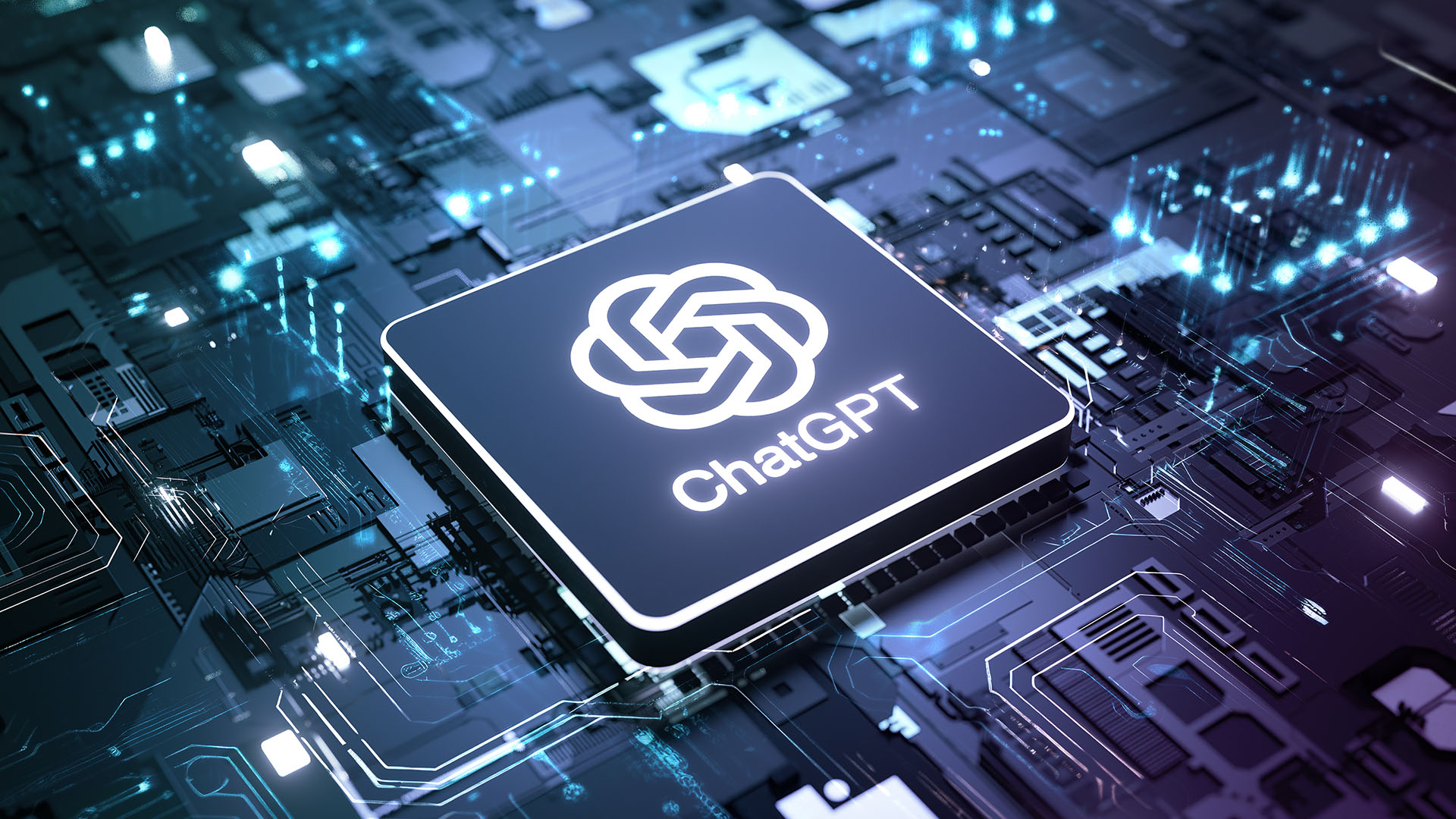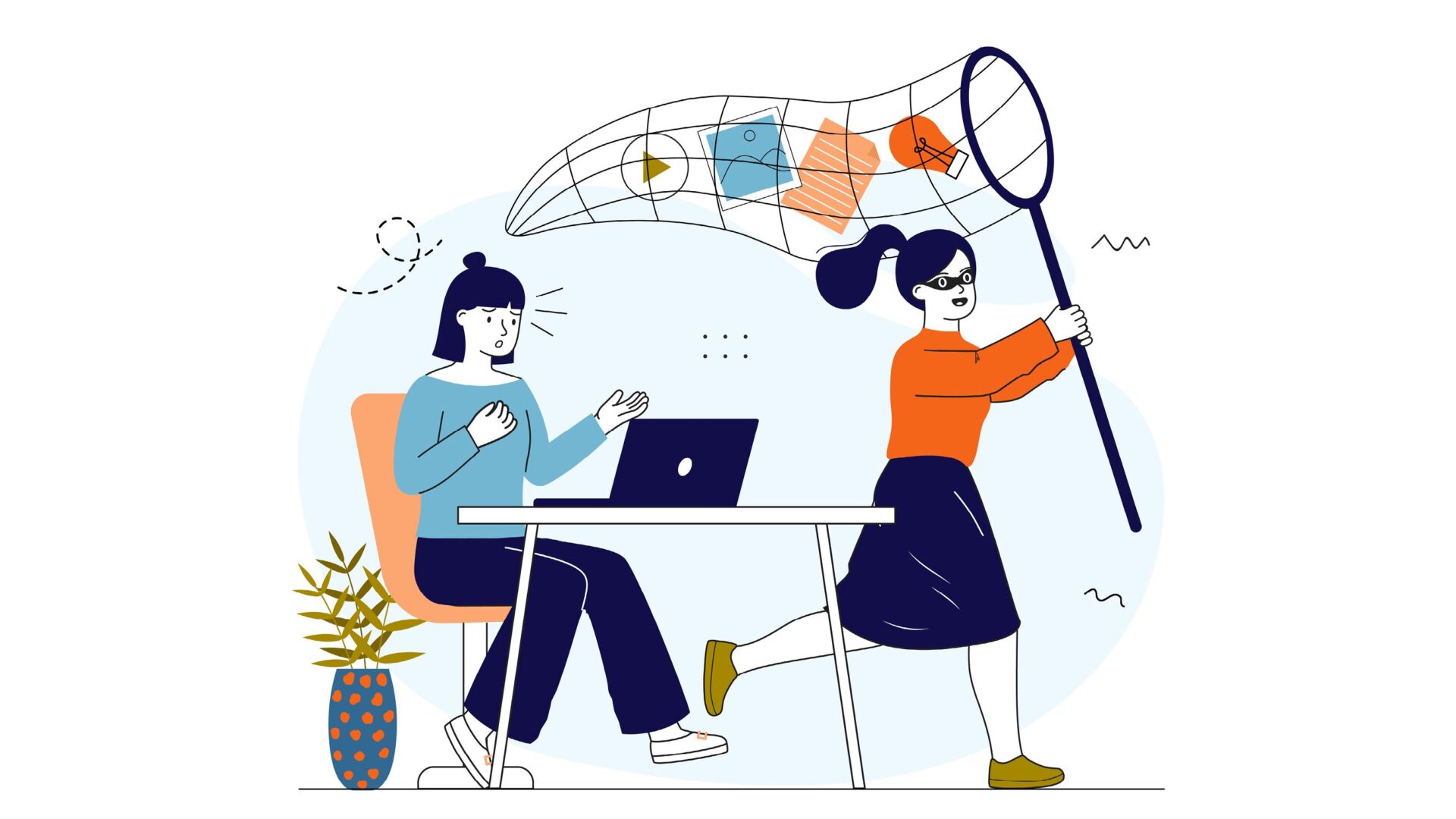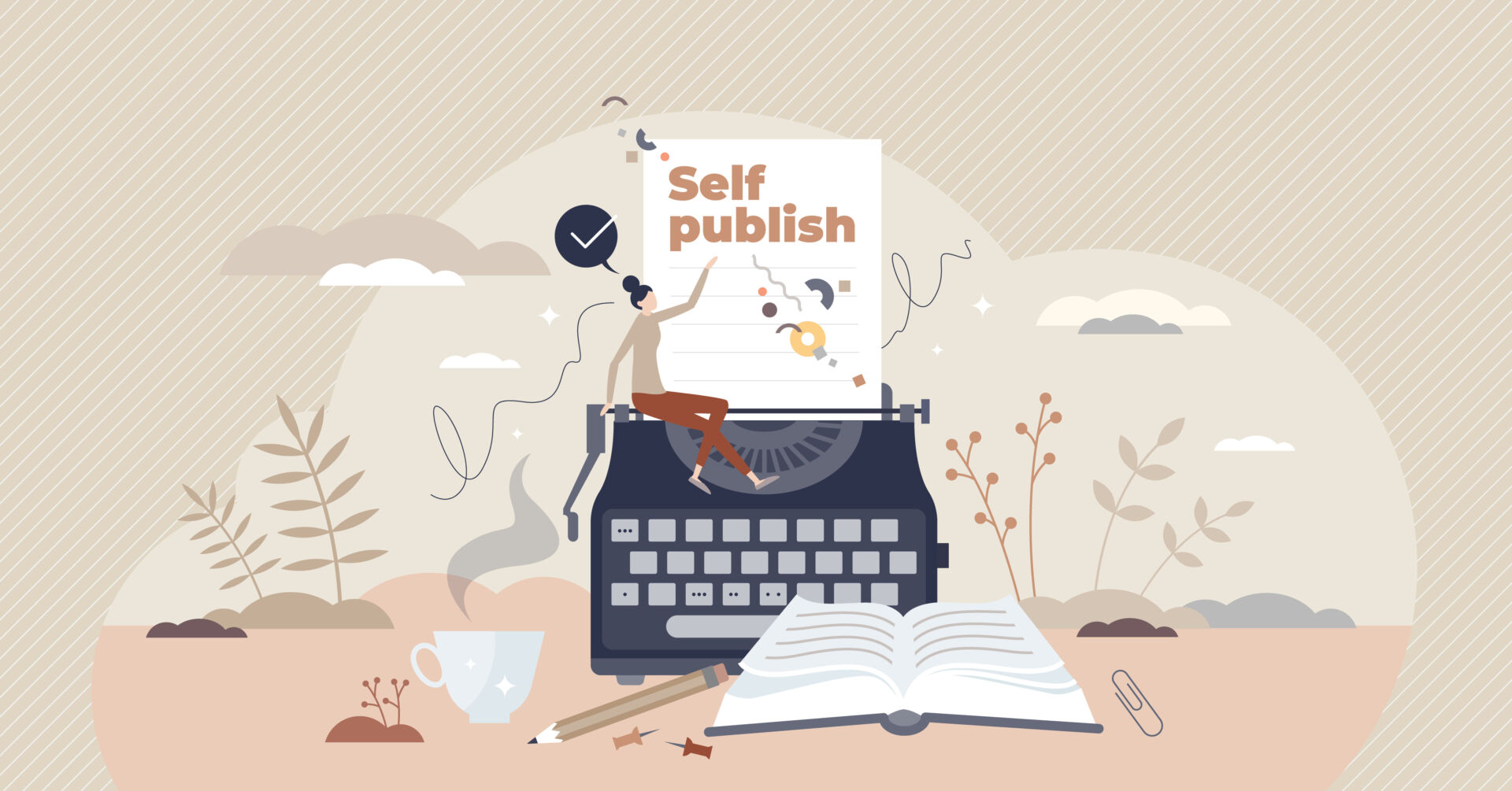The emergence of artificial intelligence (AI) systems is already having a direct impact on SoA members. We have seen AI companies advertise editing and book review services and others selling machine-translations. AI narration is used in the creation of audiobooks, and the publishing industry is already using AI-generated images on book covers and in promotions. Some AI-generated content may be low-grade at present, but it is good enough in many situations and it is improving daily.
AI learns by accessing content and copying it briefly before deleting it, after which the system will remember what it has learned. If the copying takes place without the permission of the copyright holder, it is an infringement of copyright under UK law even though the copy is held only briefly by the AI before being deleted.
It is important to ensure that you try to control whether and how AI has access to your work, your style, and your voice.
Here are some articles we have written on AI summarising action we have taken:
- The SoA’s policy position on AI
- The SoA’s report into authors views on the AI and Copyright Consultation
- A message to Meta – Don’t steal our books!
- A month of lobbying government on AI
- The Meta protest day of action, 3 April 2025
We appreciate this is an incredibly complex area and things are move incredibly fast so it is difficult to provide general advice. We are monitoring Government’s announcements and plans, and the situation is likely to evolve in the coming months. For all these reasons, please seek bespoke individual advice by contacting info@societyofauthors.org.
The SoA can give you general advice and guidance and spot anything missing or concerning in your contract.






Clear and thought-provoking advice. Thank you.
Really useful information. Thank you.
Excellent advice. The more creators challenge AI theft, the more chance of maintaining human livelihoods. Lobbying needs to wake up UK government, the latter touting AI as simply a one-sided economic positive and denying any human-cost negatives
Isn’t the only way to prevent web scraping to put content behind a paywall?
I have resisted using ChatGPT while revising my novel since I believe there will be copyright issues, and it feels like cheating. But I tossed it a paragraph of a short story out of curiosity. It spat out three redundant literary paragraphs that did not resemble my voice at all. Whose voice was it? One of the authors of the 7000 books it stole from Smashwords, no doubt. What will writers, who have used AI as an assistant, do when restrictions are in place, and they have to write on their own? I foresee an explosion of imposter syndrome in… Read more »
The problem at the moment is people continue to assume techie people are the pinnacle of intelligence. The narcissists of Silicon Valley see the gadgets they create as awesome. And they look down on arty people as somehow having inferior brains. So they assume their machines will be able to write novels – but of course they won’t. The machines, of course, can scan millions of novels and maybe write something coherent about, say, love, but they can’t experience love. Therefore what they write will never touch the soul. Like you say, the ‘voice’ is all wrong. They will also… Read more »
I also doubt that AI can offer wit or humour.
I already know authors who welcome AI as a useful ‘tool’ for assisting with drafting, word choice etc. Their ‘creative input’ may be as simple as just fact-checking and approving the AI’s choices. At the other end, the humble spellchecker will soon be incorporating AI to distinguish its from it’s. I think the only way we’ll be able to separate our work from AI is by its hand-made quality. As AI matures (it’s still a toddler!) it will surely be replacing almost all human-creted prose.
If I could persuade other people to join me, I would like to set up a movement like those that emerged in the nineteenth century against everything being factory-made (the Arts and Crafts Movement for example). This group would act as a backlash against our new technologies: none of our works would be published online, all writing would be done with, at most, a type-writer; none of our works would be sold on Amazon. I doubt the movement would stop all AI developments, just as nineteenth century movements didn’t stop factory-produced goods. But the point of these types of movements… Read more »
Given all the warnings that are coming out about Artificial Intelligence, including, I believe, by people who have been involved deeply in its development – Elon Musk for example, shouldn’t we just press pause for a while and not let any new technologies into our lives until we’ve done ‘health checks’ on the ones we already have? Three years ago the vast majority of people in the UK willingly accepted endless weeks of house arrest to calm down a disease which had an average age of death of 80. If a whole nation can do something like that for a… Read more »
I’m finding this all very troubling. Reading the above I realised that probably one of the editing tools I use is AI and I was trying to be very careful and keep clear of it all. I will go and double check and delete it if I think it’s a problem. Would it be possible to have a list of on-line ‘author tools’ that are AI?
I think as a matter of perception, it would be helpful for the SoA to state that they will not represent, or grant membership to, authors found to have generated writing through AI. It’s important to recognise that the use of AI does not make you a writer – just someone who can use software.